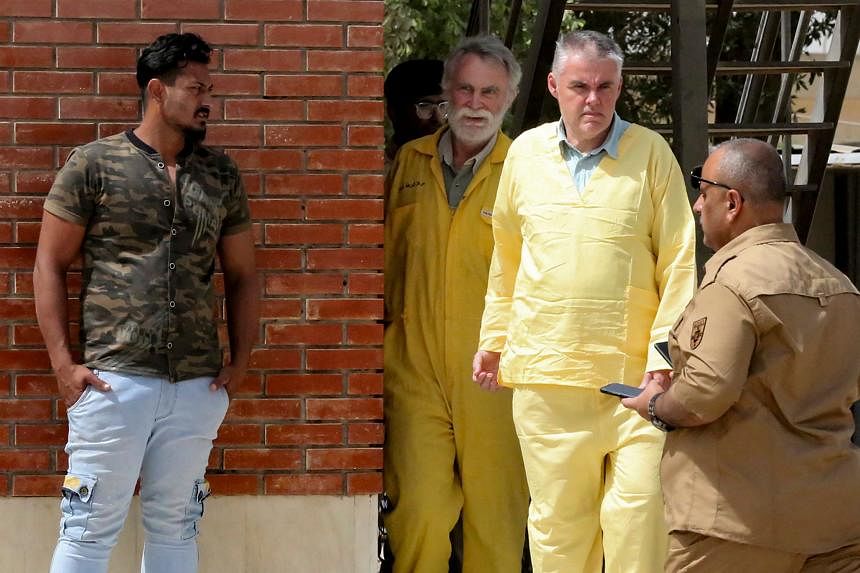NEW YORK (NYTIMES) - A British tourist who took pottery shards from an archaeological site was sentenced on Monday (June 6) to 15 years in an Iraqi prison after a Baghdad court convicted him of trying to smuggle the artefacts out of the country.
The court found James Fitton, a 66-year-old retired geologist, guilty under a 2002 law that carries a sentence of seven to 15 years in prison for stealing artefacts or antiquities. Looting antiquities with weapons or with other people is a crime punishable by death in Iraq.
"The site where he took the small pieces and stones was open with no guards so he took some pieces as souvenirs," said Fitton's defence lawyer, Mr Thair Soud, adding that his client made no attempt to hide the pieces, wrapping them in Kleenex and putting them in his luggage.
The harshness of the punishment has raised questions in a country where antiquities looting is rampant but few Iraqis are known to have faced such severe sentences in recent years. Mr Soud, who said he was surprised by the sentence, maintained the items had no commercial value and said he would appeal.
Fitton was part of a British-based tour group on a visit to Iraq in March when they toured the Sumerian site of Eridu in the south. He told the court that while at the site - which, like many of Iraq's archaeological sites, is largely unexcavated and unguarded - he picked up shards of pottery and stones to take them home as souvenirs. He said he did not know that was illegal.
Airport security found 12 pottery shards and stones in Fitton's luggage as he and other tour group members were flying out of Baghdad in March.
The court on Monday acquitted another tourist from the same group, 60-year-old German citizen Volker Waldman, who had two artefacts in his luggage, after accepting his defence that he had been given the items by Fitton to carry.
Iraq, ancient Mesopotamia in antiquity, is known as the cradle of civilisation, and was home to the first known cities that sprung up between the Tigris and Euphrates rivers. Widespread looting of artefacts began after 1991 when dictator Saddam Hussein temporarily lost control of the south of Iraq.
The current Iraqi government has placed a major focus on repatriating looted antiquities from abroad.

